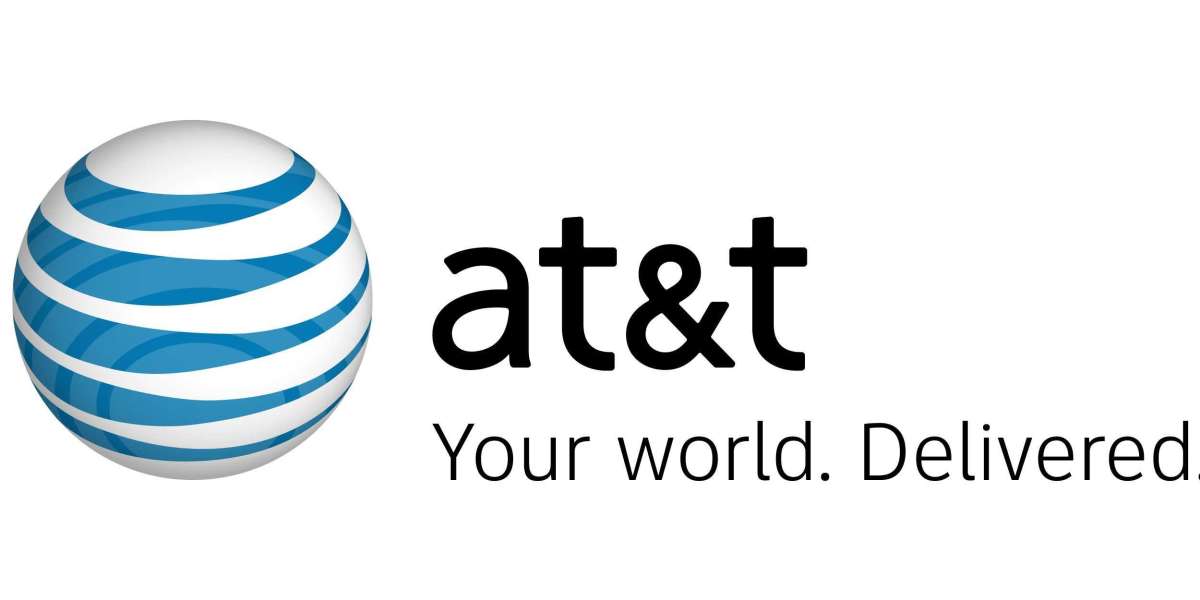In the age of digital transformation, artificial intelligence (AI) has emerged as a game changer in nearly every business, particularly healthcare. One of the most potential AI applications in this field is the creation of intelligent doctor appointment scheduling apps. By implementing AI-powered capabilities into these platforms, clinics and hospitals can automate scheduling, eliminate no-shows, and improve patient engagement like never before.
This paper investigates how AI may be incorporated into doctor appointment app development and why it is critical for modern healthcare systems.
The Rise of Doctor Appointment Apps
Before diving into the AI aspect, let’s quickly understand the role of doctor appointment apps. These apps serve as a digital bridge between patients and healthcare providers, allowing users to:
- Book or cancel appointments
- Receive real-time reminders
- Access virtual consultations
- Store and retrieve medical records
- Get e-prescriptions
Now, with AI in the mix, these features become even more powerful and personalized.
Read Also: Guide to Doctor Appointment App Development
How AI Enhances Appointment Scheduling
AI takes the functionality of these apps to a whole new level. Here's how:
1. Smart Scheduling Calendar Management
AI algorithms can analyze doctor availability, patient preferences, and clinic capacity in real-time to suggest the best appointment slots. This minimizes double bookings and maximizes utilization of available resources.
2. Predictive No-Show Analysis
AI can use historical data to predict which patients are likely to miss appointments. Based on this, the app can send personalized reminders, offer rescheduling options, or overbook slots intelligently to reduce wasted time.
3. Natural Language Processing (NLP) for Chatbots
With NLP, AI-powered chatbots can converse naturally with users to help them book appointments, answer basic queries, or even follow up after a consultation.
4. Voice Recognition Command-Based Booking
Integrating voice assistants powered by AI allows patients to schedule appointments simply by speaking. Think: “Book an appointment with a cardiologist next Monday at 10 AM.”
5. Patient Prioritization
In emergencies or high-risk cases, AI can flag and prioritize appointments based on symptom inputs or previous medical history, ensuring timely care.
How to Integrate AI in Doctor Appointment App Development
Now let’s break down the development process step-by-step:
1. Define the Use Case
Identify which AI features are most relevant to your clinic or hospital. Do you need predictive analytics, chatbot integration, or smart calendar management?
2. Choose the Right AI Tools
Select frameworks like TensorFlow, IBM Watson, or Google Cloud AI to implement your features. These platforms offer pre-built models and APIs that accelerate development.
3. Collect Train Data
Gather anonymized data from past appointments, user behavior, and consultation history to train your AI models. This step is crucial for accurate predictions and responses.
4. Integrate with Existing Systems
Ensure your AI modules work smoothly with the Electronic Health Record (EHR) system, payment gateway, and other backend platforms.
5. Build a Scalable UI/UX
Design user-friendly interfaces where AI-powered suggestions and reminders are clearly visible. AI should feel intuitive—not intrusive.
6. Test and Optimize
Conduct A/B testing to evaluate the performance of AI features. Regularly refine your models based on real-world feedback and user interactions.
Benefits of Using AI in Doctor Appointment Apps
Integrating AI into healthcare apps isn’t just a trend—it solves real problems. Here’s how:
Improved Efficiency
Manual appointment scheduling is time-consuming and prone to errors. AI automates and optimizes this process, reducing administrative workload.
Reduced No-Shows
By analyzing behavior patterns, sending timely alerts, and even offering incentives, AI helps decrease patient no-shows significantly.
Personalized Experience
AI understands user preferences, past interactions, and health history to deliver customized recommendations, creating a better user experience.
Data-Driven Insights
Healthcare providers gain access to intelligent analytics, such as peak booking times, cancellation trends, and doctor performance stats.
Enhanced Patient Satisfaction
Less waiting time, smooth scheduling, and proactive reminders mean happier patients and better retention rates.
Real-World Use Cases of AI in Healthcare Apps
- Apollo Hospitals uses AI to personalize health packages and predict patient behavior.
- Practo and mfine integrate AI for symptom analysis and automated appointment flows.
- Babylon Health (UK) uses an AI chatbot to offer instant consultations based on reported symptoms.
These use cases highlight the growing acceptance and effectiveness of AI in mainstream healthcare systems.
Data Privacy Compliance
While developing AI-enabled apps, it is critical to guarantee compliance with healthcare standards such as HIPAA (USA), GDPR (EU), and NDHM (India). Secure encryption, anonymised datasets, and explicit consent methods should all be part of the development approach.
Why Choose Vigorous IT Solutions for AI-Powered Healthcare App Development?
At Vigorous IT Solutions, we specialize in custom doctor appointment app development that integrates cutting-edge AI features. Whether you need smart scheduling, intelligent chatbots, or personalized patient journeys, we deliver scalable and HIPAA-compliant solutions tailored to your goals.
Key Offerings:
- 100% customizable apps
- AI integration with NLP, ML, and analytics
- Secure telemedicine features
- Cross-platform compatibility (iOS, Android, Web)
- Free consultation and post-launch support


